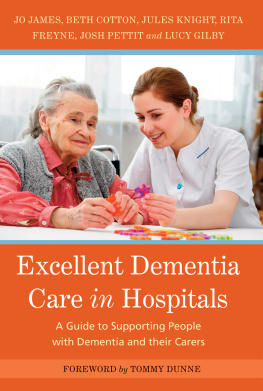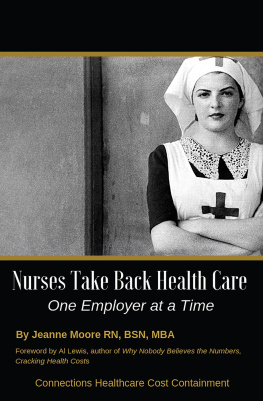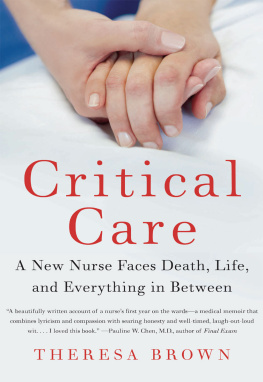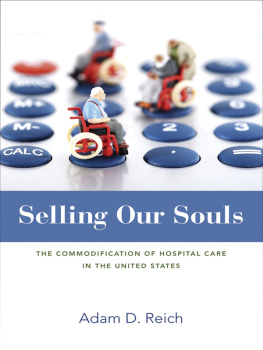Theresa Morris - Health Care in Crisis: Hospitals, Nurses, and the Consequences of Policy Change
Here you can read online Theresa Morris - Health Care in Crisis: Hospitals, Nurses, and the Consequences of Policy Change full text of the book (entire story) in english for free. Download pdf and epub, get meaning, cover and reviews about this ebook. year: 2018, publisher: NYU Press, genre: Romance novel. Description of the work, (preface) as well as reviews are available. Best literature library LitArk.com created for fans of good reading and offers a wide selection of genres:
Romance novel
Science fiction
Adventure
Detective
Science
History
Home and family
Prose
Art
Politics
Computer
Non-fiction
Religion
Business
Children
Humor
Choose a favorite category and find really read worthwhile books. Enjoy immersion in the world of imagination, feel the emotions of the characters or learn something new for yourself, make an fascinating discovery.

- Book:Health Care in Crisis: Hospitals, Nurses, and the Consequences of Policy Change
- Author:
- Publisher:NYU Press
- Genre:
- Year:2018
- Rating:3 / 5
- Favourites:Add to favourites
- Your mark:
Health Care in Crisis: Hospitals, Nurses, and the Consequences of Policy Change: summary, description and annotation
We offer to read an annotation, description, summary or preface (depends on what the author of the book "Health Care in Crisis: Hospitals, Nurses, and the Consequences of Policy Change" wrote himself). If you haven't found the necessary information about the book — write in the comments, we will try to find it.
An inside look into how hospitals, nurses, and patients are faring under the Affordable Care Act
More and more not-for-profit hospitals are becoming financially unstable and being acquired by large hospital systems. The effects range from not having necessary life-saving equipment to losing the most experienced nurses to better jobs at other hospitals. In Health Care in Crisis, Theresa Morris takes an in-depth look at how this unintended consequence of the Affordable Care Act plays out in a non-profit hospitals obstetrical ward.
Based on ethnographic observations of and in-depth interviews with obstetrical nurses and hospital administrators at a community, not-for-profit hospital in New England, Health Care in Crisis examines how nurses care of patients changed over the three-year period in which the Affordable Care Act was implemented, state Medicaid funds to hospitals were slashed, and hospitals were being acquired by a for-profit hospital system. Morris explains how the tumultuous political-economic changes have challenged obstetrical nurses, who are at the front lines of providing care for women during labor and birth.
In the context of a new environment where hospital reimbursements are tied to performance, nursing has come under much scrutiny as documentation of birthsalready laboriously highhas reached even greater levels. Providing patient-centered care is an organizational challenge that nurses struggle to master in this context. Some nurses become bogged down by new processes and bureaucratic procedures, while others focus on buffering patients from the effects of these changes with little success. Morris maintains that what is most important in delivering quality care to patients is the amount of interaction time spent with patients, yet finding that time is a real challenge in this new environment.
As questions and policies regarding health care are changing rapidly, Health Care in Crisis tells an important story of how these changes affect nurses ability to care for their patients.
Theresa Morris: author's other books
Who wrote Health Care in Crisis: Hospitals, Nurses, and the Consequences of Policy Change? Find out the surname, the name of the author of the book and a list of all author's works by series.








